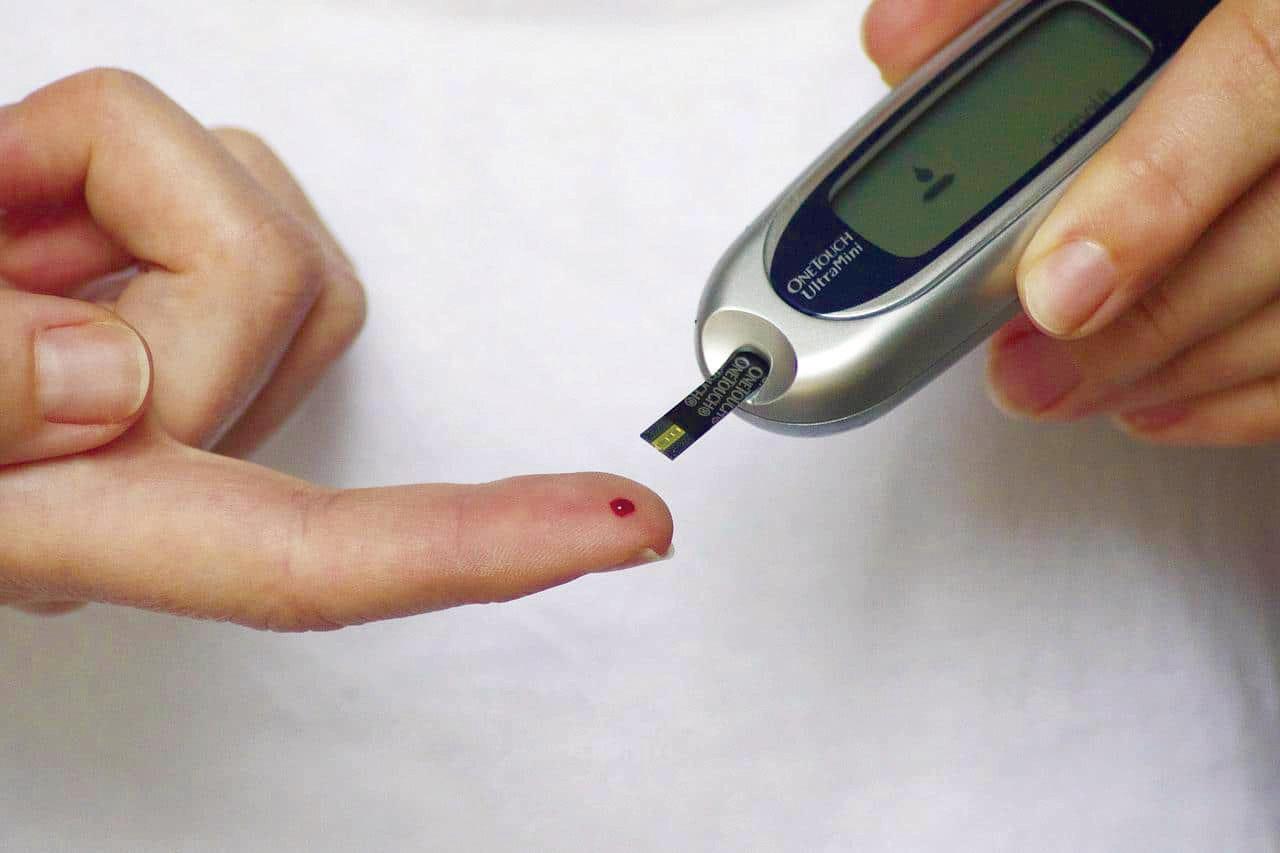
4 minute read
Drop Fertility Level
13 Austin South Asian | November 2022 Colas And Aerated Drinks Can Drop Your Fertility Level
Why is following a good diet key to staying healthy?
Diet has a significant influence on our health, which cannot be denied. What we eat and drink greatly affects not only our physical health but also affects our ability to conceive. Consumption of soda and other aerated drinks has been linked to hamper fertility in both males and females.
The not so sweet effects of sweeteners
Aspartame is an artificial sweetener that has properties of disrupting the endocrine glands. This leads to hormonal imbalance causing infertility issues in females. Almost all the soft drinks and sodas contain such sweeteners to make them sweeter. When consumed in excess, it leads to hormonal imbalance and fluctuation that causes ovulatory disor-
ders and even worsens PMS (Pre-
Diabetes And Dementia: Is There A Link?
Diabetes and dementia are interlinked
Diabetes has been the culprit with an increase in the risk for cardiovascular disease and brain stroke. Now with the increasing diabetic population across the globe, few ongoing cohort studies have linked it with the early onset of dementia.
A 2021 study by Epidemiology of Ageing and Neurodegenerative Diseases, Université de Paris, France looked at the link between a person’s age at the onset of diabetes and the development of dementia.
The study concluded a high rate of dementia in those with diabetes.
Younger diabetics more at risk of dementia
Dr. Rahul Singh, Chief Medical Specialist at Care4Parents, says “Dementia being prevalent in the ageing population is the precursor of neurodegenerative disease.
Young age diabetic population has higher chances of dementia in simple terms if you are diagnosed with diabetes at the age of 30 years you will have a higher chance of early onset of dementia compared to a person who was diagnosed with diabetes at the age of 50 years.” Is heart health related to brain health? of both the diseases have a striking similarity. Insulin resistance in the body causes Diabetes. Insulin resistant brains cause amyloid plaques of Alzheimer’s disease. the numbers to watch out for in dementia too.
Can exercise help?
Clinical jargon of hypoglycemia is defined as low sugar levels that can damage the memory centre of the brain. Heart health and brain health are interlinked. Uncontrolled diaWhat’s the best way to prevent diabetes-led dementia?
The best way to beat dementia for
betes increases the risk of heart disease caused by a stroke which may lead to dementia. Some doctors call Alzheimer’s disease Diabetes Type 3. menstrual symptoms). Aspartame is linked to many health problems including infertility, malformations and miscarriages.
Can cause death of cells Phenylalanine and aspartic acid are the 2 amino acids present in aspartame and are considered natural and harmless when eaten in combination with other amino acids. However, they cause death of cells, when consumed alone because they promote the production of free radicals. Sperm and ovum being cells, have 90% chances to die when this is consumed in excess. It is advised by many doctors and experts to avoid anything that helps in the formation of free radicals in the body for the significance of your reproductive health.
Wreaks havoc on the immune system
Consumption of such sugary aerated drinks restrains the immune sys-
a diabetic patient is to control glucose levels. Keeping a tab on your glucose levels is imperative.
The golden parameter is to keep your Hba1c at 6.5. In range, BMI, blood pressure, and cholesterol are Physical activity of 7500 steps per day goes a long way in maintaining healthy glucose levels in the body. You may also take up any aerobic exercise of 30 minutes to keep your blood sugar in control.
Maintaining healthy BMI and working out on a daily basis for at least 5 days a week can show significant results.
A definite diet plan works better
In endocrinology practice, clinicians observed patients visiting clinicians with regular blood work were healthier than the ones missing appointments and eating a poor diet. Scientific customization of the diet with the help of a dietician goes a long way in managing diabetes. tem causing weight gain and hormonal imbalance, which strongly contribute to fertility issues. Women have more chances to suppress their appetite for healthy food by paving their way to nutrient insufficiency, thereby increasing their odds for unhealthy pregnancy, malformations and even miscarriages.

More cola, low sperm count
“Men who drink soft drinks more frequently have a four times greater risk of having reduced sperm counts, motility, and concentration. Due to its strong alkalinity, soda can change the pH of the body when consumed in excess. Sperm cells may suffer damage resulting in their irregular form and low quality or finally perish in a high pH environment due to a lack of nutrition.
Moreover, Bisphenol-A (BPA) is a chemical that reduces the male semen quality, and is found in the lining of plastic bottles and most canned goods,” says Dr. Gunjan Gupta Govil, Gynecological & IVF Expert, Founder and Chairman, Gunjan IVF World Group.
Can lead to ovulatory disorders
Most of the soft drinks are caffeinated and contain fructose, which is associated with a higher risk of ovulatory disorders and infertility among women.
It is well known that caffeine is a vasoconstrictor, which lowers uterine blood flow and shortens the menstrual cycle by lowering menstrual bleeding. The interaction of caffeine, aspartame, and fructose alters the hormone receptors and sex hormones, even causing infertility.
The takeaway
So, paying attention to your diet is extremely important, especially when you are trying to conceive. Cutting on aerated drinks can really help avoid adverse impact on fertility in both men and women. When pregnant, say no to colas and aerated beverages completely. (Courtesy: https://timesofindia.indiatimes.com/)










